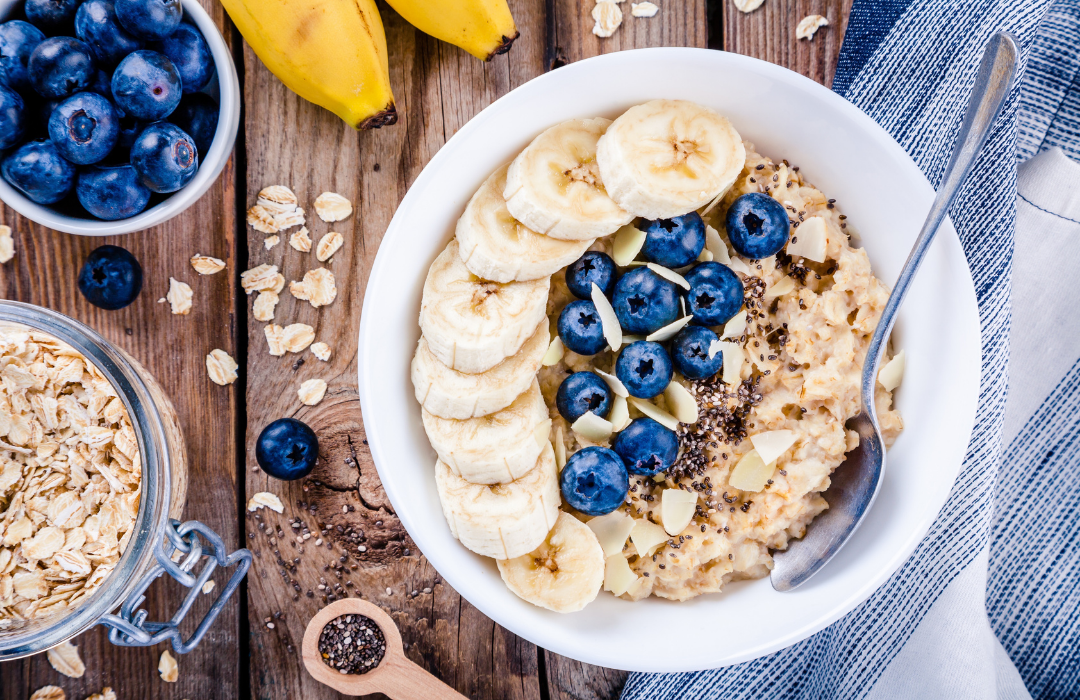We’ve all felt it after eating–that burning, uncomfortable feeling in the chest. Maybe you know it as heartburn, indigestion, or acid reflux. While just about everyone experiences this sensation once in a while, there’s actually a significant number of people who suffer from it often. In fact, about 20% of the United States population experiences symptoms of chronic acid reflux, also known as gastroesophageal reflux disease (GERD). Besides being unpleasant and frustrating, GERD can lead to serious complications such as esophagitis or Barret’s esophagus.
At this time, there is not a singular commonly-recognized cause of GERD. While some research associates it with obesity, smoking, certain medications, being pregnant, or genetic predisposition, it can really happen to anyone. Symptoms, besides heartburn, include nausea, pain or difficulty swallowing, regurgitation (when gastric contents re-enter the mouth or throat), burping, and a chronic cough. Symptoms of more serious complications from GERD can include loss of appetite, vomiting, blood in vomit or stool, increased pain or difficulty when swallowing, asthma, poor sleep, and weight loss.
Common Treatments for Gastroesophageal Reflux Disease (GERD)
If you’re diagnosed with GERD, you do have options for treatment. There are a variety of recommended over-the-counter and prescription medications that can neutralize or reduce stomach acid production. For those who wish to avoid long-term medication use, there are surgical options available as well.
Making certain lifestyle and dietary changes are considered essential to reduce symptoms of GERD. Slowing down the speed of eating, avoiding lying down right after eating, keeping your head elevated in bed, and avoiding tight clothes that put pressure on your chest or stomach are all said to improve symptoms for some.
Foods To Limit Or Avoid If You Are Experiencing GERD
There are certain foods that are recommended for you to avoid if you have GERD. These foods can trigger or worsen symptoms of the disease. These include:
- Tomatoes
- Caffeine
- Acidic fruits, like oranges, lemons, and limes
- Spicy foods
- Mint
- Chocolate
- Onion
- Alcohol
- Carbonated drinks
- Garlic
- High-sugar or high-fat foods
- Fried or processed foods
- Lactose, if you are lactose-intolerant
Foods To Incorporate Into Your Diet If You Are Experiencing GERD
On the other hand, there are certain foods that are often “safer” to consume for those experiencing GERD. These can include:
- Non-citrus fruits, like apples, bananas, or melons
- Oatmeal, brown rice, and whole grains
- Root vegetables like potatoes or turnips
- Water-dense vegetables like cucumber or celery
- Low-acidic vegetables
- Water and tea
- Lean meats or fish
Of course, each person’s experience with acid reflux and GERD is unique. Foods affect each of us differently, so it’s important to monitor how you feel after consuming certain meals. Keeping a journal or notes tab on your phone of what “triggers” your symptoms can be a useful tool for you and your doctor. If you experience symptoms of GERD, the most important thing is to seek medical care–don’t self-diagnose or try to manage symptoms on your own.
If you are suffering from chronic gastroesophageal reflux disease, the experienced team at Gastroenterology Health Partners is here for you. Our clinicians have a passion for seeking out and refining new treatments and advanced solutions for those suffering from disorders of the digestive system. For more information or to schedule a gastroenterological medical evaluation, contact a Gastro Health Partners location near you.



